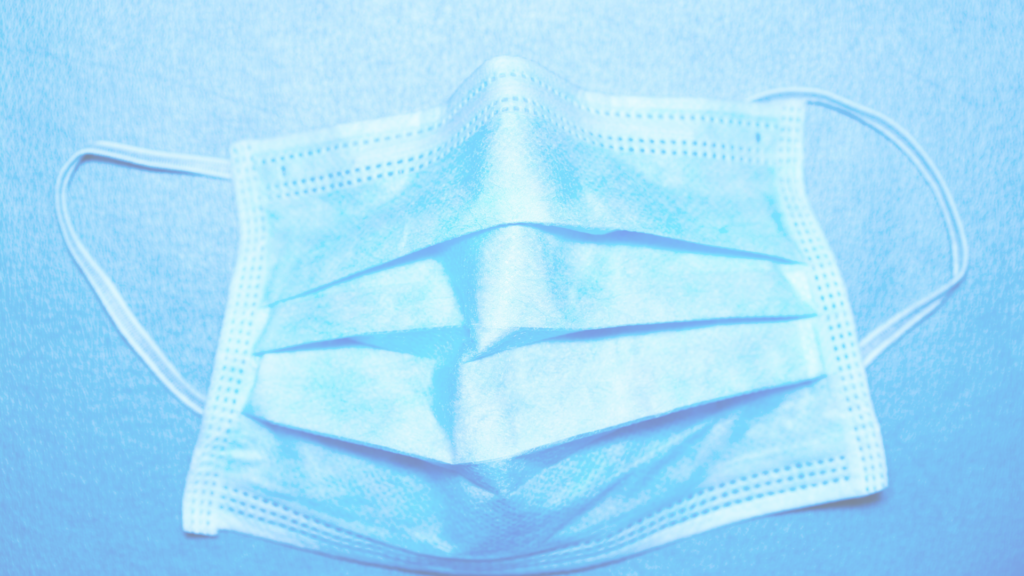
From the Editor
Hi there,
COVID-19 has been undeniably kind to legal cannabis. Even if they were largely declared ‘essential’ in name only, sales have nonetheless spiked across nearly every category as an exhausted, traumatized population has turned increasingly to cannabis as a quarantine coping mechanism.
Given the industry was already rife with unfounded medical claims and inconsistent quality standards, it seems only natural that a ‘cannabis-cures-COVID’ myth would quickly emerge.
It was quickly discredited, but the collateral damage was already done: few are now willing to believe cannabis can play any role in the global fight against COVID. Roughly a dozen studies are still underway around the world to see whether certain cannabis compounds can help lessen the deadliest coronavirus symptoms, but none are as close to success as Canada’s Tetra Bio-Pharma.
Now just a few months away from mass-manufacturing its synthetic CBD-based drug – which has been shown to fight one of the deadliest aspects of the COVID-19 disease – this edition of Weekly Chronicle explains how it actually took a dozen years for the company to reach this point.
Yours in pursuit of progress,

Volume 1: Issue 7
Cannabis and COVID-19
by Jameson Berkow
Cannabis has long been (wrongly) touted as a cure-all, so it should come as no surprise that multiple cannabis companies have made (dubious) claims about the plant’s capacity to fight COVID-19. The vast majority of those claims are completely bogus, though some are entirely sincere. One, a made-in-Canada synthetic version of CBD, has been in development for more than a decade to treat a different disease, but is being rapidly adapted to address the deadliest coronavirus symptoms.
When Tetra Bio-Pharma was negotiating to buy rival cannabis research firm Panag Pharma last year, CEO Guy Chamberland didn’t see much value in one of his target’s longest-running studies: Panag had already spent more than a decade investigating whether cannabinoids can prevent the onset of acute respiratory distress syndrome in sepsis patients and progress was slow.
“It is kind of funny to think about now,” Mr. Chamberland recalled in an interview. “When we acquired them we did our due diligence and everything to negotiate a value and I remember very well looking at the sepsis research and saying ‘that is nice, we will keep it going’ but it was nothing exciting from a financial point of view [and] it certainly wasn’t the reason for buying the company.”























